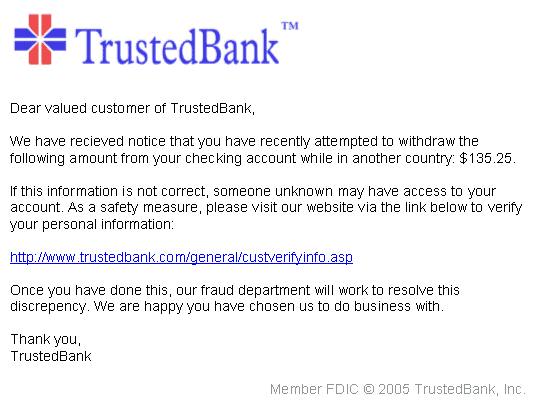Credit Card Fraud Vs Identity Theft
By
Easy Tips
—
Tuesday, 24 July 2018
—
Credit Tips

Identity thieves can steal your personal information to open a new line of credit, open a new credit card or obtain a false ID in your name. Unlike credit card fraud, there’s no liability limit. That means you might end up paying for all the damage caused by an identity thief.
Credit card fraud can often be caught early, if you have the appropriate protections in place. In some cases, a credit card company will raise an alarm if transactions look suspicious. For instance, you might live in Boston, so a bunch of charges in Bogota would cause some red flags to pop up. Identity theft can take a variety of other forms, from thieves stealing your medical information to get free healthcare to hackers using your personal info for opening new lines of credit.
The tactics employed in these types of identity theft are sophisticated and go well beyond someone trying to pay for jewelry with your stolen credit card number. And it’s often impossible to catch them on the early side. Another major difference between credit card fraud and identity theft is impact.
When a thief has a stolen credit card number, he or she can potentially max out that account and may even open other credit cards. Fortunately, there are many fraud prevention measures in the credit industry designed to limit the damage of this fraud. But with identity theft, the impact can be much greater, lasting for years or even decades.
With some types of identity theft, such as medical identity theft, you may not realize you’re a victim until you get a call from a collections agency. By then, the identity theft may be so embedded in your personal records that it feels like taking on a part-time job just to clear your name.
You’ll not only deal with whatever bills are in collection, but also credit bureaus, lenders, other financial institutions and possibly even law enforcement. In the end, it is important to remember that credit card theft is still a part of identity theft. This means that those alerts from your credit card company could be early warning signs that you identity has been compromised completely. Make sure you’re safeguarding yourself against any level of danger, whether it’s just an annoyance or a large-scale risk. IdentityForce’s identity theft protection services offer tools to lock down your personal information, so you can protect your identity like a pro.
The one question I have is how can finding out you are a victim of identity theft or credit card fraud protect you, Once you know you are a victim it is already too late. When you begin to see signs of identity theft on your credit report the damage has already been done. Logically expecting Credit Monitoring to protect you from identity theft would be like studying for an exam after you fail.
Identity theft is a process and the last result of it is seeing accounts on your credit report that do not belong to you. These accounts are usually in default with late payments or have gone to the point of collection or charge off. Collections - are accounts that have not been paid at all and have been sent by the original creditor to a third party collection agency or the collection department of the creditor.
Collection agencies may be lent the debt for a commission and if they are successful in collecting funds from the debtor they earn that commission. Other collection agencies buy the debt from the creditor for a reduced amount and they become full owner of whatever is collected. Once you understand this you can also see why they are so aggressive about getting consumers to make payments. Charge offs- are when creditors write the amount the consumer owes, that has been uncollectable, off as a loss against their profits.
This does not mean the consumer no longer owes the money. So how can credit monitoring stop identity theft, The answer is it can't. The only thing credit monitoring can do in regards to identity theft is to tell you that it is occurring. Another problem is many consumers buy credit monitoring because they are too busy to learn about their credit or just don't want the responsibility of understanding it. They think that paying a company to monitor their credit will insure them against any problems.